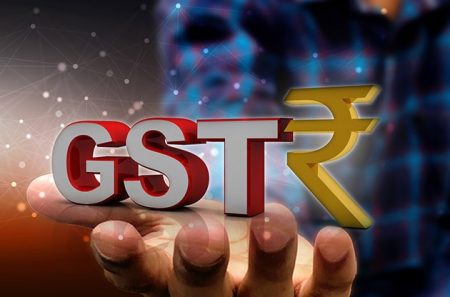GST Rule Change Alert: GST Rule Changing from May 1, Invoice Will Have to be Uploaded Within 7 Days Otherwise
The Goods and Services Tax (GST) Council has recently announced a significant rule change that will impact businesses across India. Starting from May 1, 2023, businesses will be required to upload their invoices within 7 days of issuance, or face penalties.
This change is expected to help streamline the GST system and prevent tax evasion, as it will allow the government to track and verify transactions more efficiently.
According to the new rule, businesses will need to upload their invoices to the GST portal within 7 days of the date of issuance. Failure to do so will result in a penalty of Rs. 100 per day, up to a maximum of Rs. 5,000.
The penalty will be applicable for each invoice that is not uploaded within the 7-day timeframe. Therefore, businesses will need to ensure that they have the necessary infrastructure and processes in place to upload invoices in a timely manner.
The GST Council has stated that this rule change will not apply to small businesses with an annual turnover of less than Rs. 1.5 crore. However, it is important for businesses of all sizes to understand and comply with the new rule in order to avoid penalties.
This rule change is part of the government’s ongoing efforts to simplify the GST system and make it more efficient. The GST Council has been working to implement a number of changes in recent years to make it easier for businesses to comply with the GST regime.
In addition to the new invoice uploading rule, the GST Council has also recently implemented changes to the GST return filing process, making it easier for businesses to file their returns in a timely and accurate manner.
The GST system was introduced in India in 2017 with the aim of replacing a complex web of indirect taxes with a single, streamlined system. While the system has had its share of teething problems, it has been largely successful in reducing the burden of indirect taxes on businesses and consumers.
However, there have been concerns about tax evasion and compliance, which is why the government has been taking steps to strengthen the GST system and make it more effective.
The new rule change is expected to help the government to better track and verify transactions, which will make it harder for businesses to evade taxes. It is also expected to improve compliance, as businesses will need to ensure that they are uploading their invoices in a timely manner.
Overall, the new rule change is a positive step towards improving the GST system and making it more efficient. However, businesses will need to be aware of the new requirements and ensure that they are complying with them in order to avoid penalties

